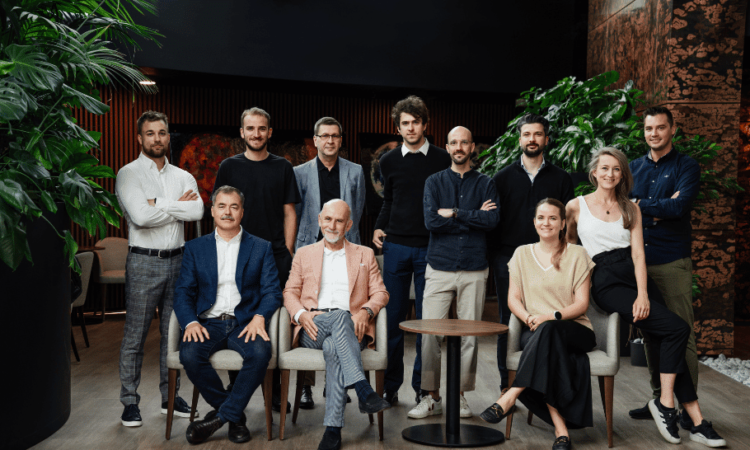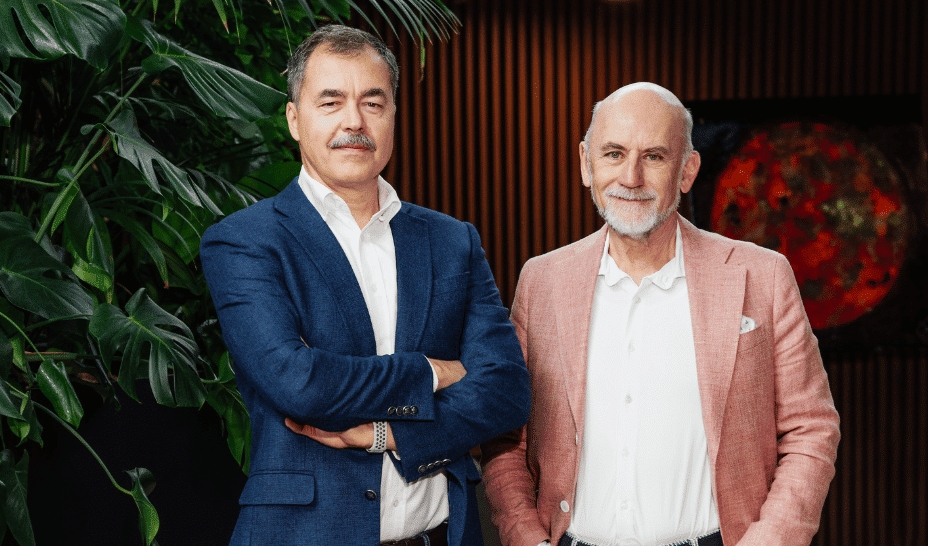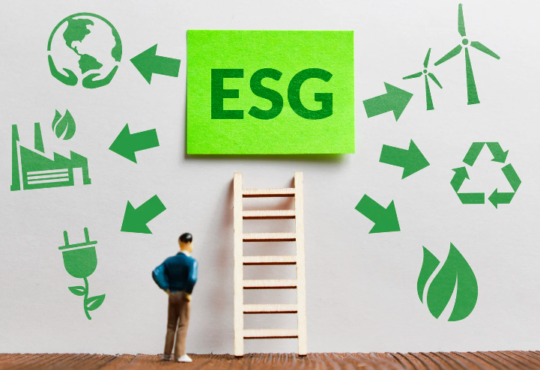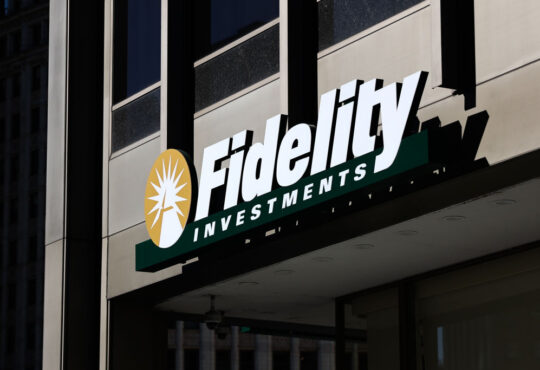ZAKA unveils its first fund of €15 million aimed at supporting early stage startups across Europe and the US

Operating from the vibrant startup ecosystems of Prague and London, ZAKA VC has announced the establishment of its first fund, sized at €15 million, aimed at supporting early-stage startups across the US and EU markets. Founded in 2020 by seasoned entrepreneurs Jan Kasper and Peter Zalesak, ZAKA VC began as a family office investing purely private money into pre-seed and seed startups. The firm has since grown into a robust team of six core members, with more than 55 invested companies in its portfolio and over €11 million invested.
Some of the notable investments by ZAKA VC include ExcepGen, Sensible Biotechnologies, Miros.ai, Supliful, Lime Therapeutics, and Webel. Initially, ZAKA VC focused primarily on the domestic Central and Eastern European (CEE) market but has since expanded its presence to the UK and US. Unlike most CEE-based funds, ZAKA VC is dedicated to exploring and funding the European diaspora in the US, US-based teams, and CEE-based teams with ambitions to scale to the US.
In response to demand from external investors to co-invest alongside ZAKA, the firm has launched its first venture capital fund. ZAKA VC Fund I, sized at €15 million, commenced with a €10.5 million first closing in June 2024, with a minimum limited partner (LP) ticket of €130,000.
A legacy of entrepreneurship
The origins of ZAKA VC traced back to the family businesses of founders Jan Kasper and Peter Zalesak. These seasoned entrepreneurs have built and co-own over 60 companies with a combined turnover exceeding €1.4 billion across various sectors, including retail, media, mobility, energy, development, agro, leisure, and hospitality. ZAKA VC was founded as a synergistic addition, expanding its activities into the venture capital asset class to be closer to the forefront of innovation in the rapidly evolving economy.
Jan Kasper shared his motivation for creating ZAKA VC: “The trigger to create ZAKA was my daughter Valentina, who introduced me to the emerging startup ecosystem. I recognized this opportunity as an exciting way to invest the capital we generated in our family businesses. I suggested this idea to my friend and fellow entrepreneur Peter, who has always been a tech and innovation enthusiast.”
Peter Zalesak added: “Even before founding ZAKA, I invested and helped startups, but I realized that it was a full-time business. After conversations with Jan, we decided to do it professionally – to hire the right team and establish rules and processes for selecting, evaluating, approving, and managing the best companies that are emerging around us.”

Investment focus and strategy
Andrej Petrus, Head of the Investment Committee at ZAKA VC, said: “Two interesting factors led us to conclude to double down on early-stage investing in the coming years and to enlarge our capital base. Firstly, there is a strong imbalance between demand and supply of early-stage funding worldwide, compared to the peak in 2021. Capital is scarce, but the number of new first-time or repeating founders is increasing. The second and more exciting factor is a new technology paradigm. Advancements in AI are opening new, previously non-viable business cases across all sectors. Analogous to the mobile and cloud era, we believe that the current years will create new, category-defining future decacorns in the AI space.”
The venture capital fund aims to invest in pre-seed and seed-stage startups across Europe (predominantly Central Europe, Baltics, UK, DACH) and the US, acting as a co-investor with the ability to co-lead. The main investment focus is on B2B software, and cross-sectional applications of AI in B2B, biotech, and health tech.
Jan Kasper, Co-Founder and Managing Partner of ZAKA, stated: “The US ecosystem remains in our interest, and we plan to enhance our presence there. It produces highly competent and motivated founders and offers a huge market to conquer. This is why the investment returns are extremely compelling, despite higher valuations compared to the CEE region.”






